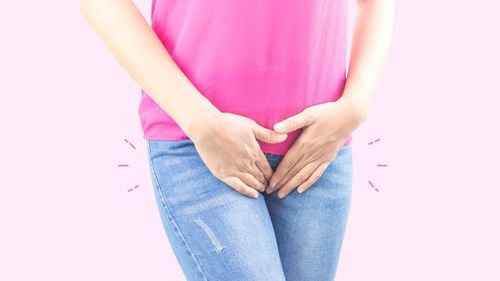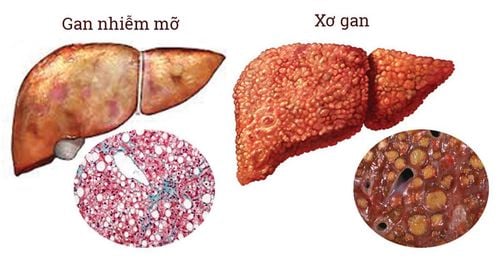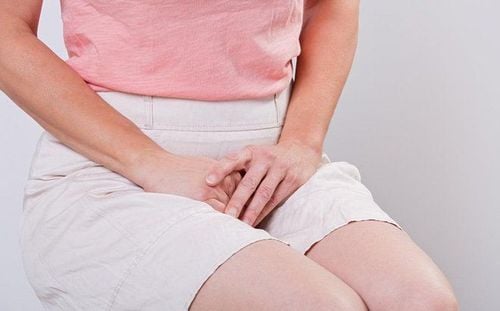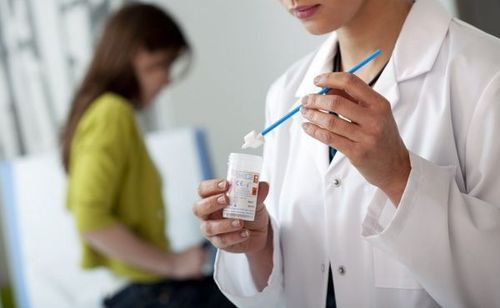This is an automatically translated article.
Postmenopause is the time after a woman has had menopause. During this stage, most of the unpleasant symptoms of previous menopause have subsided. However, it is still necessary to monitor because it is very likely that this period will affect your health and emotions.
1. How to recognize menopause?
A woman's menopause usually occurs when the body does not have a period for a year. You can tell menopause by measuring your follicle-stimulating hormone (FSH) levels.
FSH levels will be checked easily through a blood test. Normally, FSH levels will increase dramatically when the ovaries start to stop working.
2. Post-menopausal health care

Nên sử dụng các biện pháp tránh thai khi quan hệ tình dục nếu bạn chưa thực sự đã mãn kinh.
To reduce the health risks caused by menopause, medications and healthy lifestyle changes will be helpful options for you. On the other hand, each person may have different conditions, it is important to consult with your doctor to find a suitable and effective treatment.
2.1 Can you get pregnant after menopause? Usually, a woman's ability to get pregnant disappears when she doesn't have a period. However, you should continue to use birth control during sex until it is diagnosed that you have indeed gone through menopause.
2.2 Screening tests during menopause Women entering menopause also need to pay special attention to regular check-ups and tests to prevent health risks caused by caused by menopause.
Some important screening tests are recommended by doctors for people who have gone through menopause, including: Gynecological exam, breast exam, Pap smear, and mammogram.
The frequency of tests will depend on each person's health history. Therefore, you should discuss with a specialist to determine the specific time to conduct these tests.
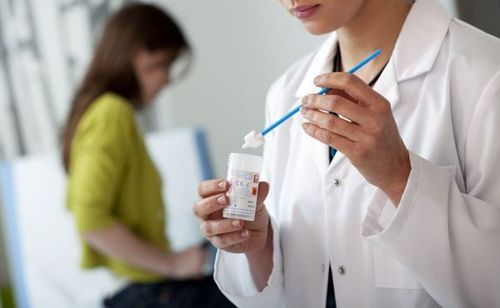
Xét nghiệm Pap smear
2.3 Maintain a healthy lifestyle after menopause Women who are going through menopause should take some steps to maintain their overall health, as well as improve symptoms of menopause. These methods include:
Avoiding smoking, drinking alcohol, caffeine and limiting salt, or sugar consumption. Apply a balanced diet, including: Grains, green vegetables, nuts, or soybeans to strengthen the body's resistance, and reduce hot flashes during menopause. Supplementing with calcium and vitamin D helps keep bones strong and increases flexibility. Exercise for at least 30 minutes every day. Choose foods that are low in saturated fat and cholesterol. 2.4 Reducing stress Hot flashes are one of the most common symptoms of menopause. Here are some tips to alleviate them:
Cool off by wearing light layers and sleeping in a well-ventilated room. Avoid eating spicy, hot foods. Don't drink alcohol as it can trigger hot flashes. Reduce stress. Increase the portion of soy consumption per day. Some evidence suggests that soy can reduce mild hot flashes, although its effects often take several weeks to show.
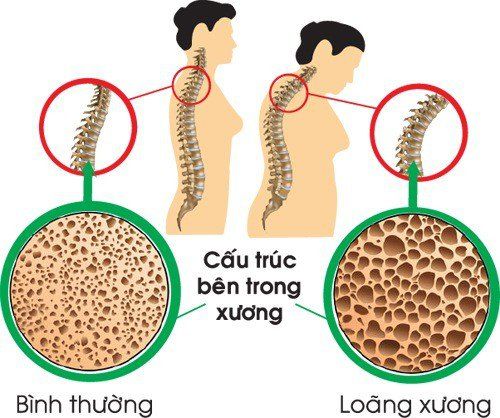
Khi bước vào thời kỳ mãn kinh và hậu mãn kinh có thể bị loãng xương
2.5 Vaginal Care Menopause can make women feel dry in the vagina. This has a big impact on their sex life. To improve this condition, you can use vaginal lubricants and moisturizers, thereby making sex more comfortable, and not painful.
However, before using you can consult a doctor including creams, pills or vaginal rings.
2.6 Supplementing with essential nutrients Osteoporosis can occur when you enter menopause and post-menopause. To protect bone health, you should implement the following methods:
Increase vitamin D and calcium supplements for the body. Exercise regularly. Perform bone health tests. In addition, when you reach menopause, your risk of heart disease increases as you age. Here are some helpful tips to help you protect your heart health:
Regularly check your blood pressure and cholesterol levels. If cholesterol levels and blood pressure levels are too high. Need to improve diet, more scientific lifestyle. If lifestyle changes do not improve the problem, you may need to use prescription medication from your doctor. Control blood sugar. Any questions that need to be answered by a specialist doctor as well as if you want to be examined and treated at Vinmec International General Hospital, you can contact Vinmec Health System nationwide or register online. online HERE.
Reference source: webmd.com
MORE
Body changes during perimenopause and menopause Menopause, aging and depression in women At what age is menopause considered premature?




